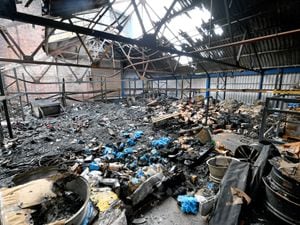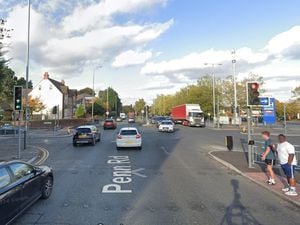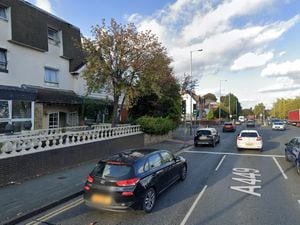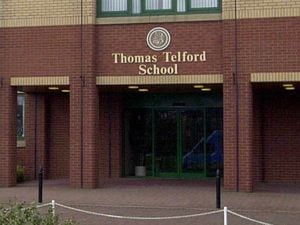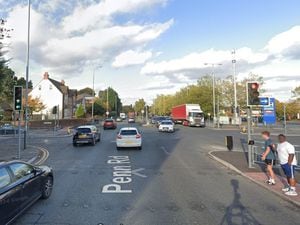Grenfell Tower tragedy: Wolverhampton high-rise blaze extinguished by sprinklers
A Grenfell tower-like disaster in Wolverhampton has been prevented thanks to a sprinkler.
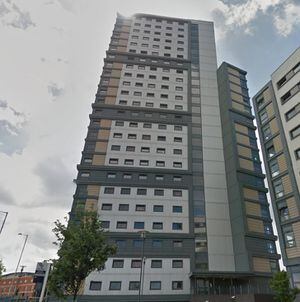
A high-rise student block caught fire because of a chip pan fire on the 14th floor, but was extinguished in minutes thanks to the building's sprinkler system.
Around 20 Wolverhampton University students were forced to evacuate Liberty Heights, on Culwell Street, unharmed.
Students have previously had to be evacuated from blocks B and C of Liberty Heights, owned privately and not by the university, due to flammable cladding, similar to that found on Grenfell Tower, being used.
West Midlands Fire Service arrived in under four minutes after the fire broke out around 11pm last Friday.
Group commander Simon Hardiman, the service's head of fire safety, said: “The fire started in a chip pan that had been left unattended on the 14th floor, so I must emphasise the importance of always keeping an eye on what you’re cooking.
“Fortunately, the building’s sprinkler system was actuated and prevented a fire which could have caused considerably more damage than the small amount which did occur.
“The fire was contained by just one sprinkler ‘head’. Our crew remained on site for a short while to assist with the initial clean-up work. However, thanks to the sprinklers, they were able to leave within half an hour and be ready to respond to other emergencies.”
The fire draws comparisons with the Grenfell tower disaster, which left 80 people dead.
There were no sprinkler systems in the 24-storey London high-rise, which was engulfed by flames on June 14.
A pubic inquiry into the tragic events earlier this year is to begin today with an opening statement by Sir Martin Moore-Bick, the man hand-picked by Theresa May to lead the inquiry.
In the wake of last Friday's incident, West Midlands Fire Service has praised sprinklers as 'the most effective way to ensure that fires are suppressed or even extinguished'.
A spokesman added: "They save lives and reduce injuries, protect fire crews and reduce damage by fire to both property and the environment."
Despite this, a recent investigation found just two per cent of the UK's social housing tower blocks has a full sprinkler system installed.
Commander Hardiman said: “Sprinklers are an effective part of an overall fire safety strategy, and can be used to improve fire safety in a range of new and existing buildings.
“Along with the National Fire Chiefs Council, we support the risk-based, retrospective fitting of sprinklers in existing buildings.”

